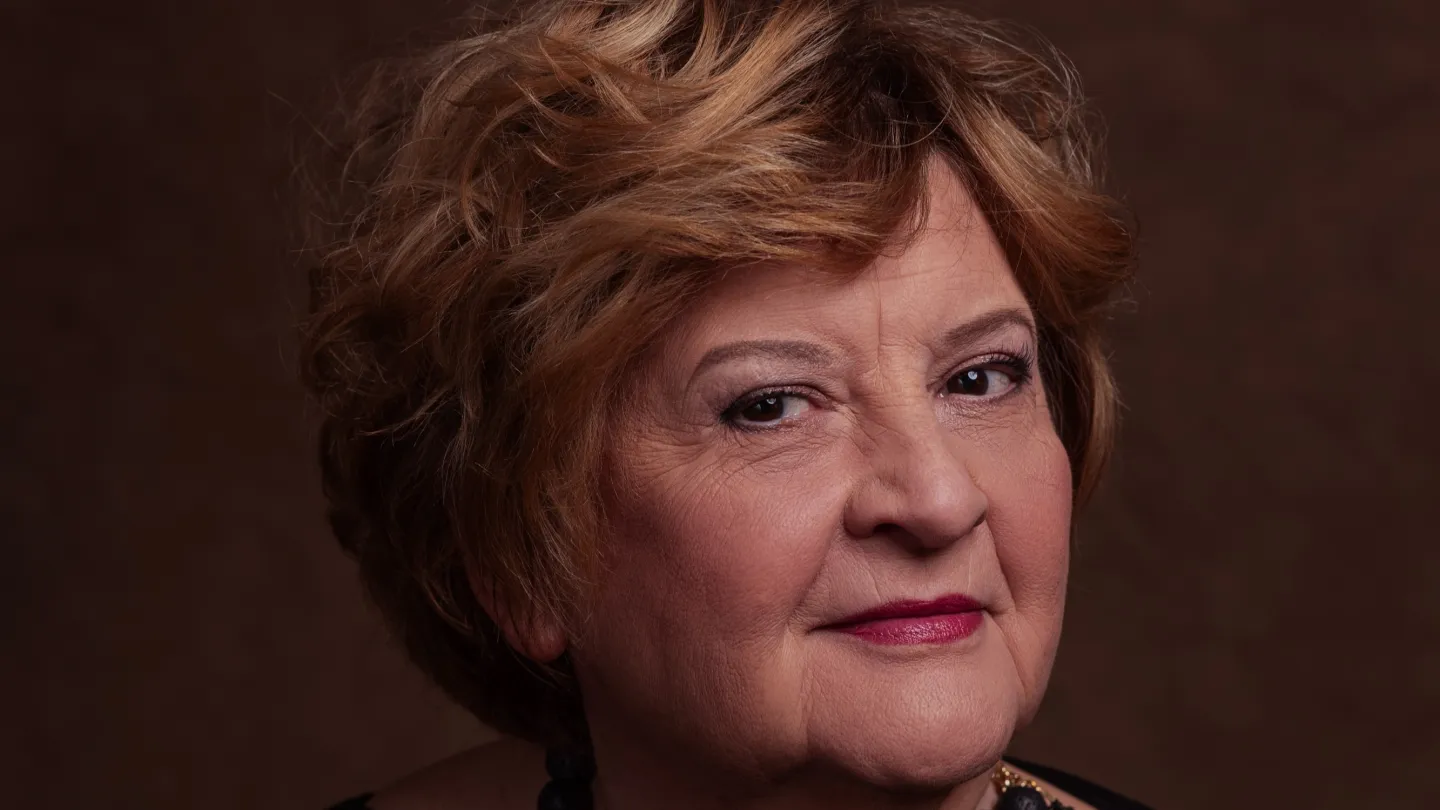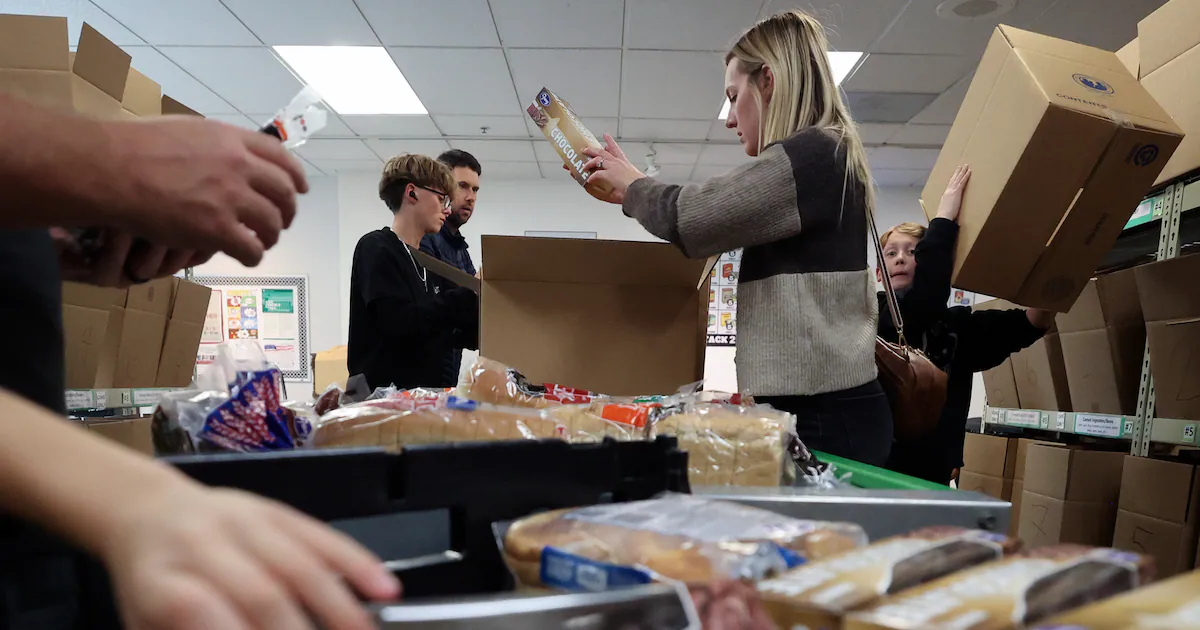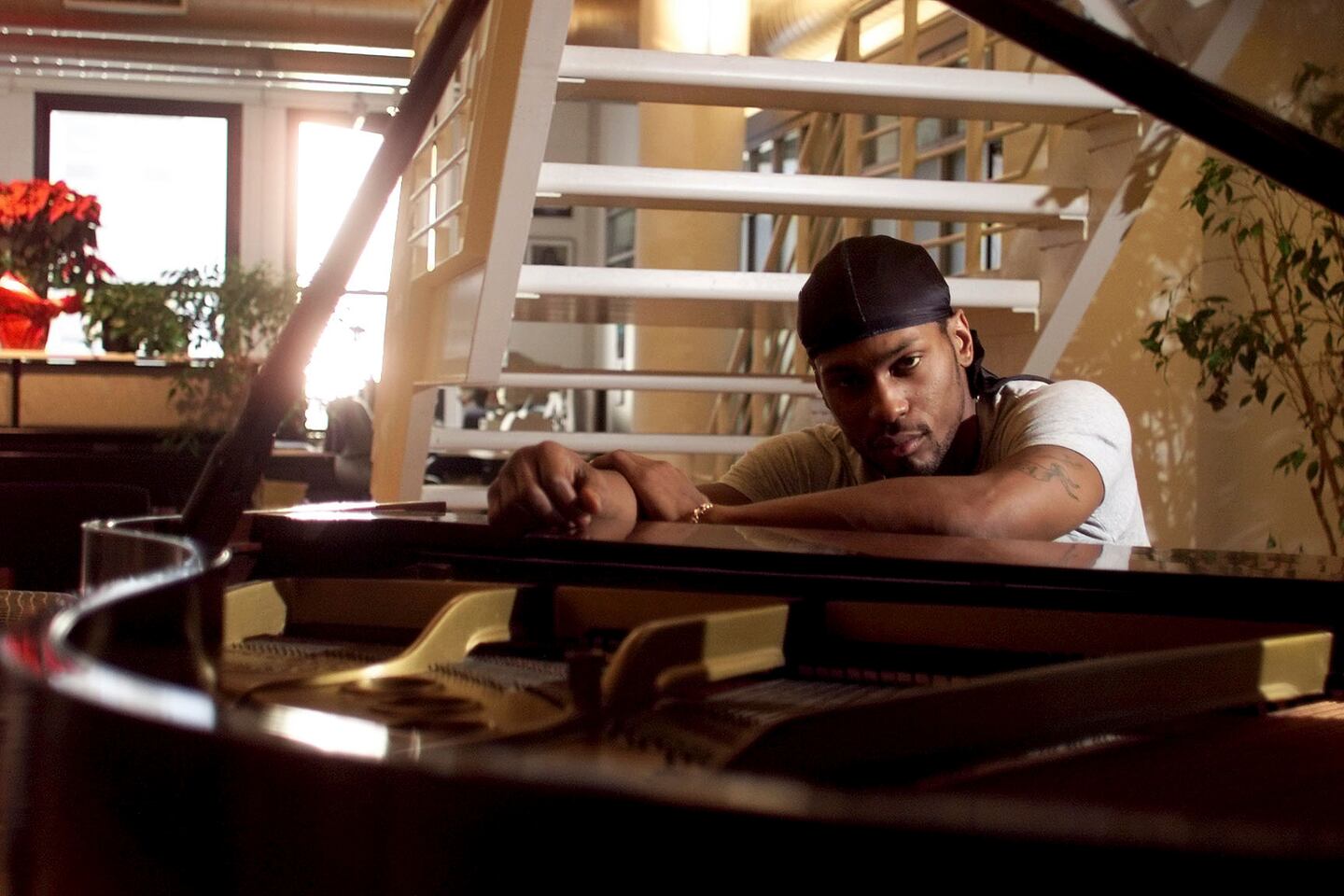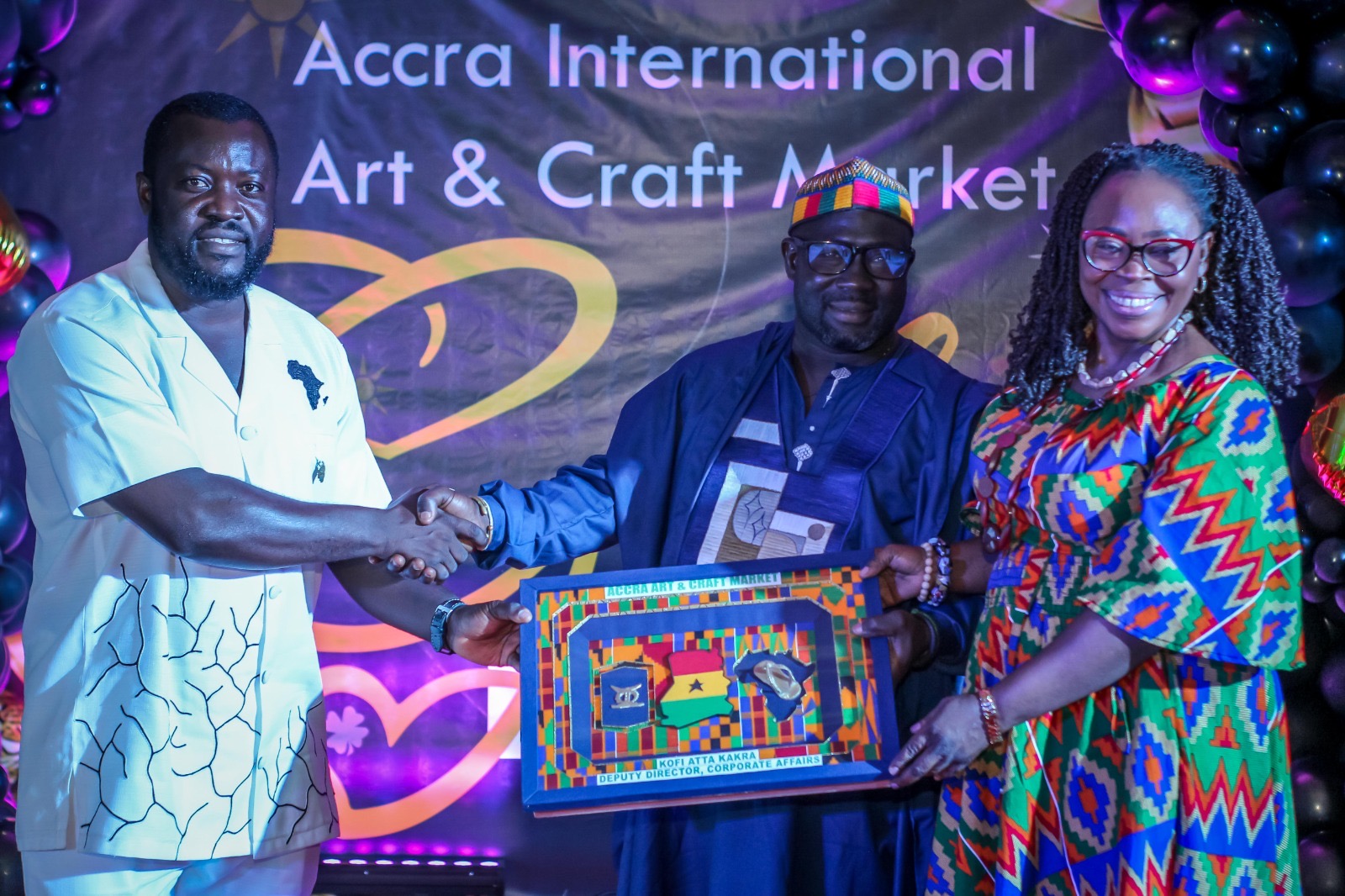Copyright The Hollywood Reporter

The 29th edition of the Tallinn Black Nights Film Festival (PÖFF) is once again jam-packed with world premieres, latest auteur cinema discoveries from the Baltic region and beyond, and Best of highlights from the festival circuit of the past year. “Inspired by the growing international acclaim of Catalan cinema,” a curated selection of movies from the region of Spain is in focus this year. It includes the likes of Oliver Laxe’s Cannes hit and Spanish Oscar contender Sirât and Carlos Marques-Marcet’s tragicomic musical film They Will Be Dust, which will open the fest and its black carpet activities. The Tallinn fest 2025, running Nov. 7-23, further features a spotlight on Austria, with organizers describing it as “a reminder that Austrian cinema is more than just Michael Haneke and Ulrich Seidl.” Films from the likes of Jessica Hausner, Abu Bakr Shawky, Elsa Kremser and Levin Peter, and Johanna Moder are part of that. The team of PÖFF’s Tiina Lokk, festival director and program director, has also added a new Baltic documentary competition this year, while the industry section Industry@Tallinn & Baltic Event has continued to expand its offerings, including in the TV series space. Lokk and her team have made Tallinn into a key place for emerging auteur voices and discovery. “The selection holds up a mirror to our world,” she said when unveiling this year’s competition lineup. “Everything that worries and pains us is there — wars, the environmental crisis, political arrogance, migration, women’s rights, and, above all, the fragile ties of family life.” Don’t expect PÖFF to take a political stance, though. While some fests and Hollywood stars like Emma Stone and Joaquin Phoenix have supported an Israeli film industry boycott, pledging to refuse to work with Israeli film institutions “complicit in war crimes” in Gaza, the Tallinn fest is concentrating on artistic criteria. “We are trying to discover films,” Lokk tells THR. “And we are looking for some kind of fresh point of view. And I would like to keep my independence. I mean my independence in programming and also festival independence.” She continues: “In the world right now, there are so many different countries hating each other and trying to put pressure on festivals. ‘You cannot show this film,’ or ‘You cannot show films from this country,’ or ‘You can’t host the delegation from this or that country.’ We are trying to be free, but at the same time we are taking care that the films are in dialogue.” This dialogue, and the hope to create dialogue, is also woven into this year’s lineup. “Firstly, I always like to give a voice to the people who have something to tell us and who are fighting for human and democratic values,” the Tallinn head explains. “That is the reason why we always have a, let’s say, quite tricky and interesting program, because you can always find films from countries that you maybe don’t expect. But if you are looking carefully, you see that there is also a balance. For instance, we do have Israeli films this year. They are really interesting and very strong films, and they are swimming against the official flow. And we do have a Palestinian film.” Annemarie Jacir’s Palestine 36, the Palestinian entry for the best international feature film race at the 98th Academy Awards, is part of the Best of Festival selection at PÖFF. The Israeli titles include Netalie Braun’s Oxygen, about a single mother who awaits her son’s army discharge, and Shai Carmeli-Pollak’s The Sea, which tells the story of a Palestinian boy who tries to reach the Mediterranean Sea for the first time in his life. Lokk’s quality focus and support for the development of the regional industry has also made the launch of a Baltic documentary competition program possible this year. “Originally, we always picked documentaries and features for one competition because the number of films with an artistic level wasn’t that big,” she tells THR. “Now, we can fully support a competition dedicated to features and one dedicated to documentaries. Things have developed very quickly, and now these films need some kind of platform to go out.” Highlights Lokk: “With our focus on the Baltic and Scandinavian region, we are the biggest festival in Northern Europe. And the festival includes our huge, and very well-curated, industry and training platform, which is giving us some kind of synergy.” TV is among its newer and “rapidly developing” components, she adds. This year’s TV Beats program, “aimed at highlighting the increasingly blurry line between the small screen and the big screen,” features 31 drama series projects in various stages. Among the scheduled screenings are Estonian series My Dear Mother, revolving around drug addict Alina, whose brutally murdered mother is found, raising the question of whether Alina is a manipulator or a victim, and French-Icelandic series The Danish Woman, starring Trine Dyrholm as a retired Danish Secret Service agent who moves to Reykjavik. Adding star power to PÖFF this year are James McAvoy, who will be in town for the world premiere of Jamie Adams’ all-improvised Turn Up the Sun, described as “an allegory for the artist’s ego,” in an out-of-competition slot at Tallinn, along with Simon Pegg. Lokk says the fest is “ready for big stars who are interested in coming, but it is not our goal to be in competition with Venice or Berlin to get world or international premieres of the big U.S. or European commercial films.” With the Oscar and other successes of Latvian animation feature Flow and the now regular presence of Baltic films at major festivals, Lokk doesn’t see PÖFF’s role changed or affected. “Baltic and all small countries are somehow in the shadow of big film countries,” she tells THR. “If films from the region are picked up by, for example, Locarno or Venice, it is a big honor. But at the same time, they may again stay in the shadow. So, if we are repeating the same film in our program, they are getting more attention, including from the international industry that is expecting them from us.” And Lokk highlights the connections between the development of the regional film industry and the fest’s work. “The Busan Film Festival, which started more or less at the same time, had an extremely big role in helping start the new wave of Korean cinema,” she concludes. “That’s what I am always keeping in mind for Tallinn. A festival can play a huge role in developing the local industry and local culture.”



